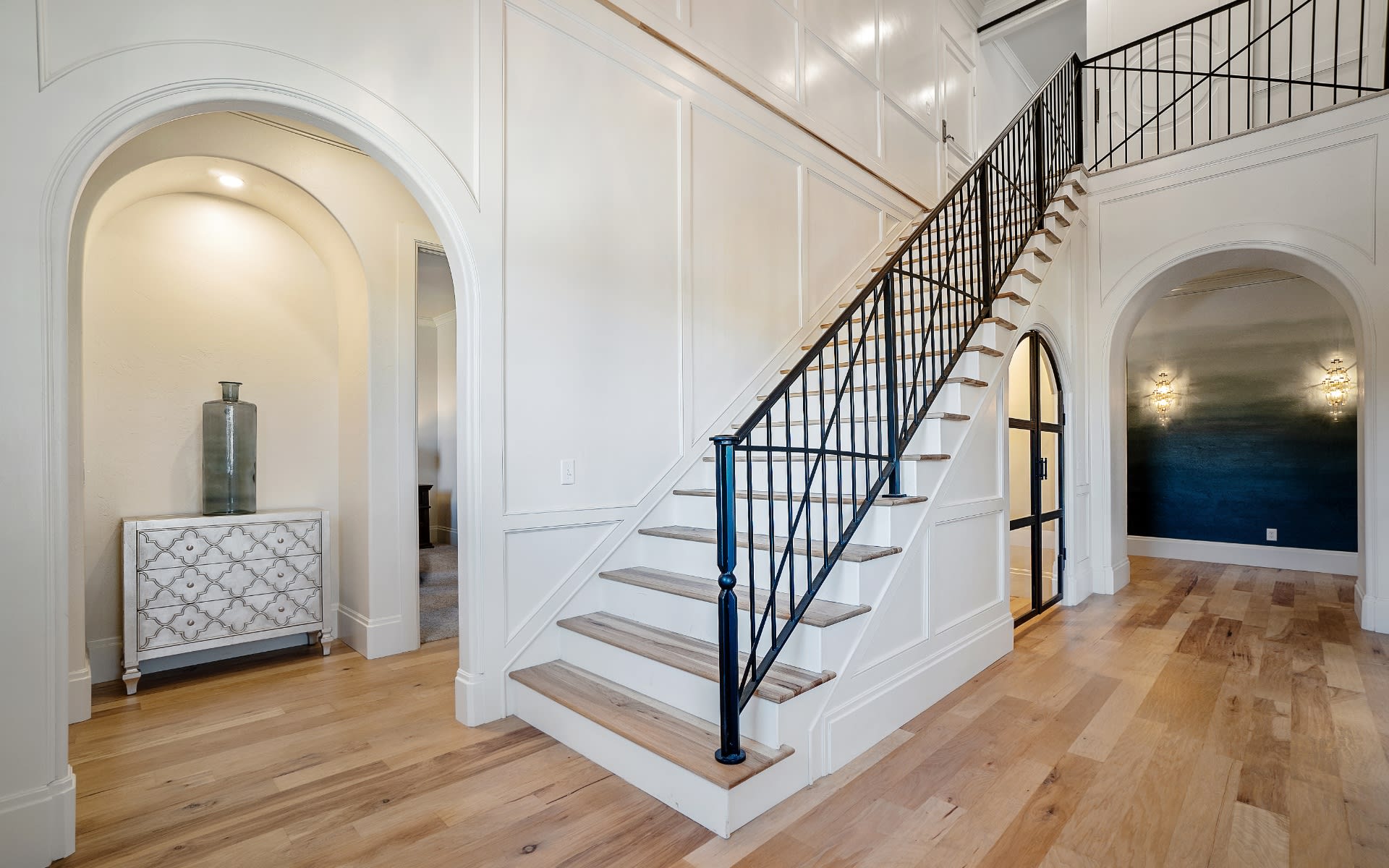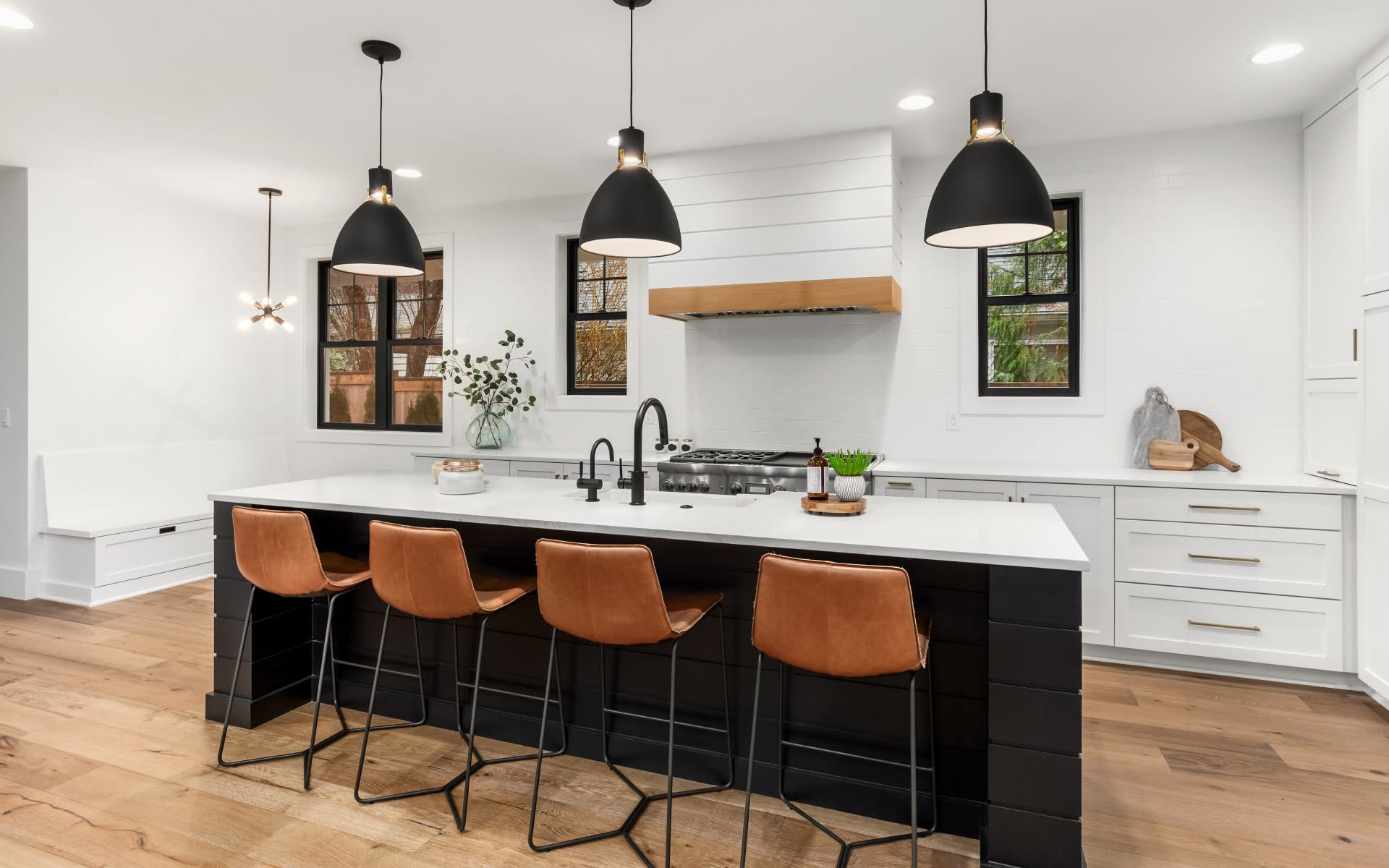The Offer Process


It’s not unusual for clients to hesitate to submit an offer for a property because they aren’t sure what the process is. I understand—it seems daunting, it seems like there is a lot to grasp, and that it takes a ton of work to get pre-qualified.
The New Jersey real estate offer process can be intimidating if you are not familiar with it. In this edition of my newsletter, I will answer all of your questions to prepare you, so you will be confident and ready to move when you find the right home.

When making an offer on a New Jersey property, the offer is submitted using a boilerplate contract. You will need to consider certain terms in the contract. These include Your official name and address, offer price, deposit, mortgage amount, type of mortgage (conventional, adjustable, FHA), close date as well as offer terms (described below). Clients often ask: “Is this contract binding?!”. The answer is a resounding “NO!”. While the offer is in the form of a contract, the contract is not binding until well into the accepted offer phase.

You will need to have a pre-approval from your mortgage broker. As discussed, it is not unusual for desirable properties to enter the market and have offers within 5-10 days. This leaves little time for you to get your financials in order and sent to a mortgage broker for a pre-approval Better to have a call with a mortgage broker before you seriously begin your house hunt. This way they will have the necessary financial information at the ready and they can provide you a letter within 12-24 hours (or less). And your pre-approval should reflect the price of the property. One size does not fit all in this case. Ask me for at least 2-3 referrals to mortgage brokers if you do not have a trusted broker in mind.

This document will be provided to you before an offer is made. It lays out the condition of the property and its mechanicals (their ages, upgrades), any fees from the condo, or liens/mortgages on the property. It is important to know that this document is NOT legally binding. There are ways to read between the lines and a good agent will be able to spot the gaps and provide guidance.

The State of New Jersey (as many states do) requires disclosure of the potential presence of lead paint. This form is required by Realtors to use in sales transactions when sellers of a residential property are required to disclose to the buyer any known information on the property's lead-based paint hazards. Lead was a common additive in paint previous to 1978. Any house built prior to 1979 requires a disclosure. Lead-based paint becomes hazardous when the dust is inhaled or when paint chips are eaten by young children. Spoiler: The majority of homes in Essex County (not to mention much of NYC) were built previous to 1979 and all will require signing a form. Lead paint in most of these houses is likely encapsulated by decades of paint.
Circling back to the contract, the listing agent will disclose to the potential buyers any special terms the sellers want you to state in your offer.
This document advises you that there have been schemes where hackers steal email addresses and send fraudulent wiring instructions to intercept your down payment wire. Be aware and take precautions when wiring money. The incidence of this has risen in recent months. CALL your bank/attorney/title company before wiring any monies.
This form discloses that I am your exclusive agent but as an agent at a large company, my agency may also represent the seller. A dual agency is when the selling agent and the listing agent work for the same agency. (Sometimes it can be the same agent: i.e., I have a listing and I take you to see my listing.) Buyers must be made aware of this situation to avoid the appearance of a conflict of interest.